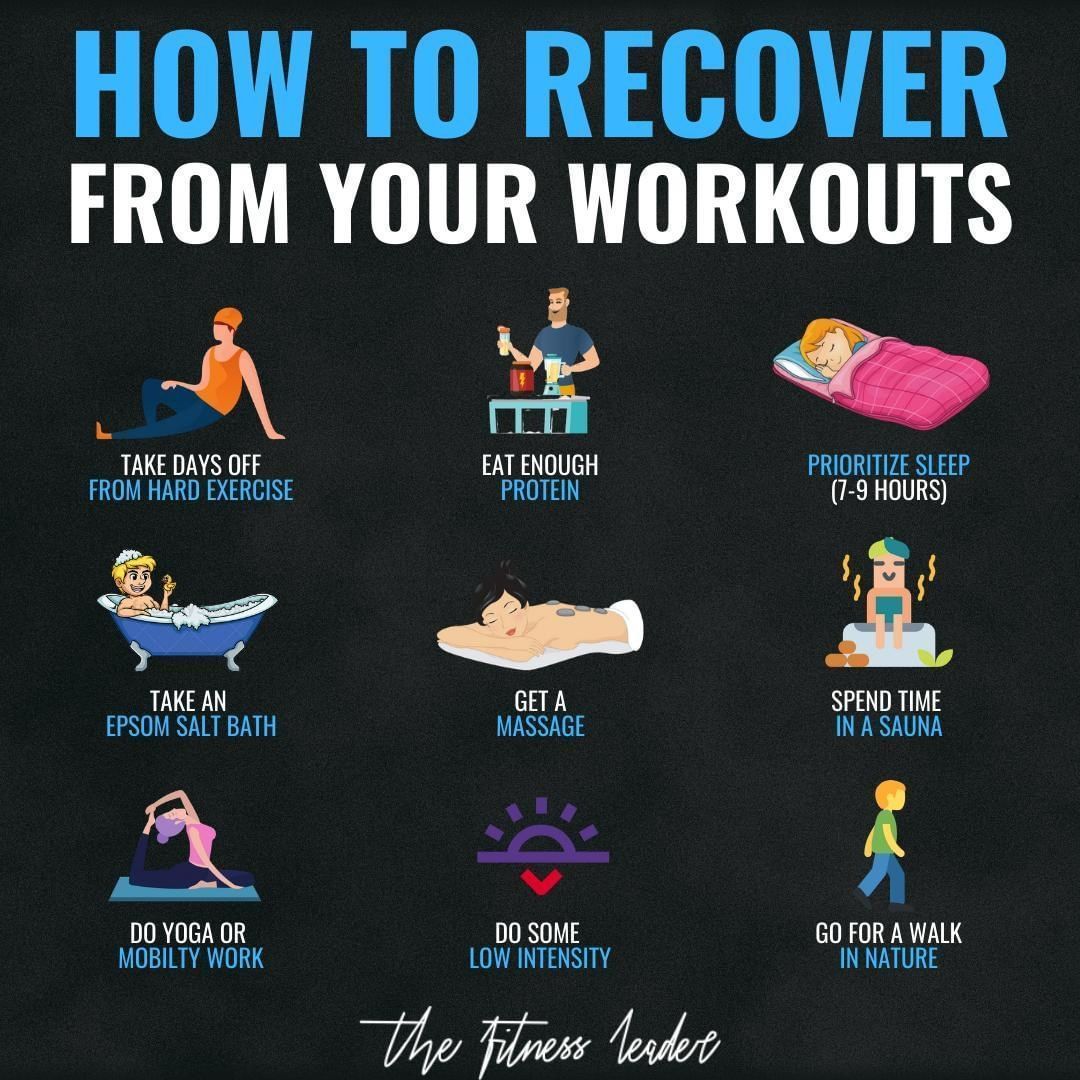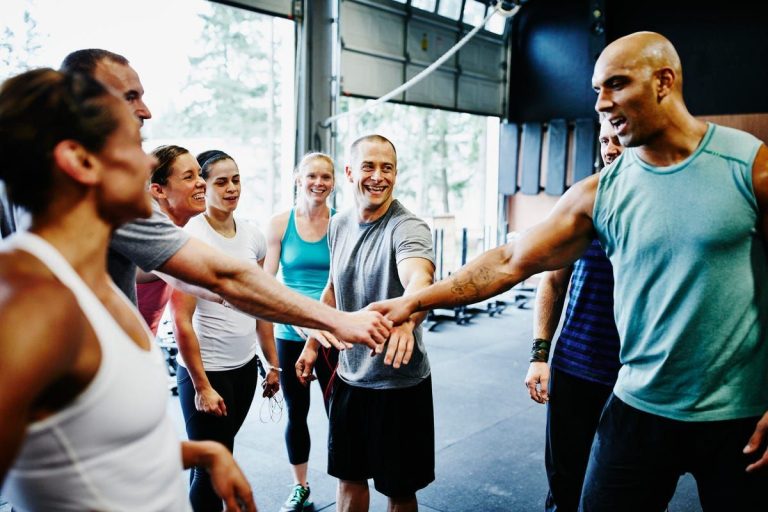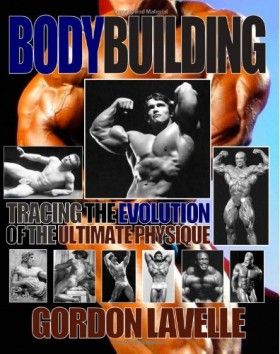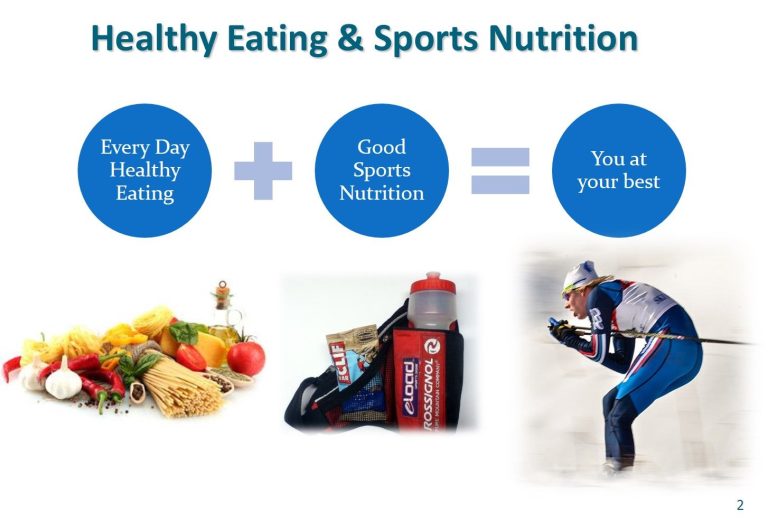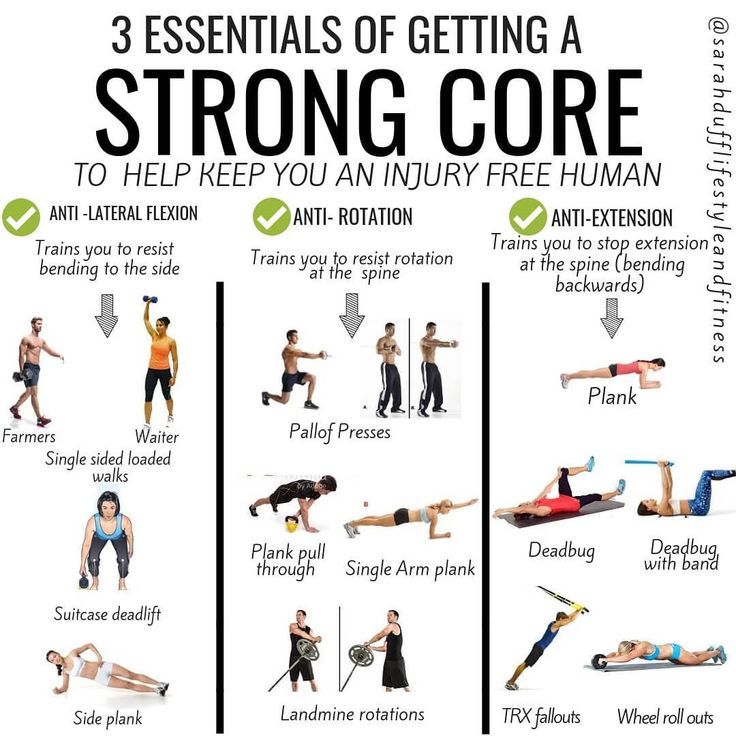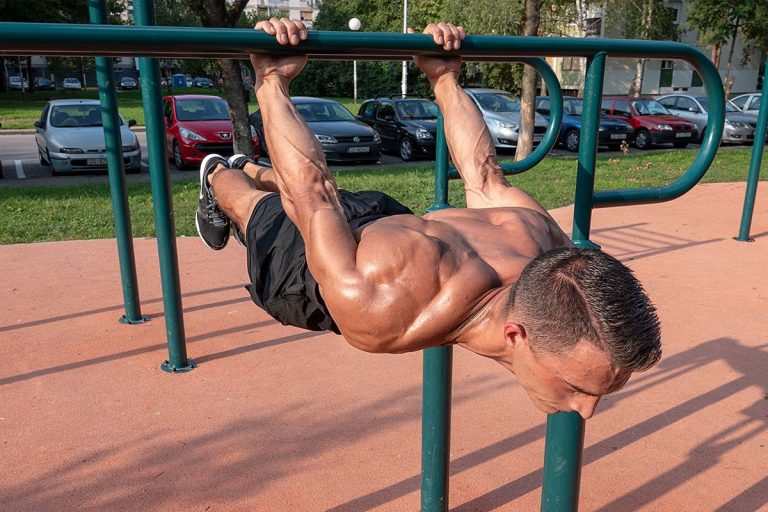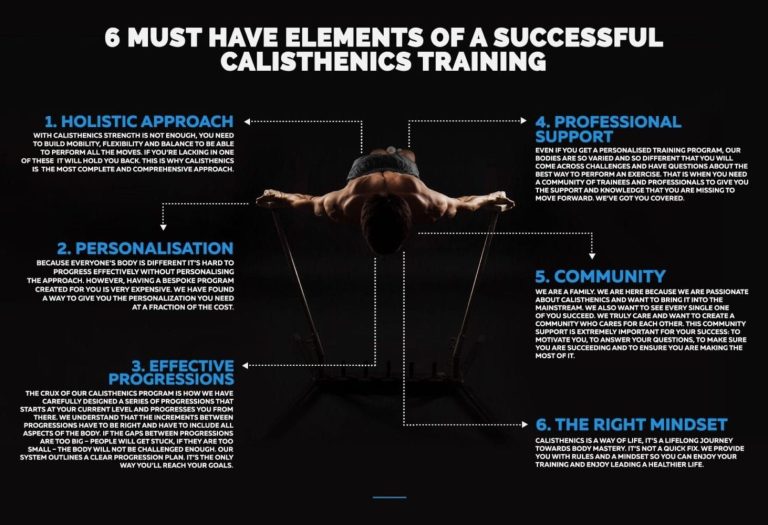In the world of bodybuilding, intense workouts and consistent training sessions are staples for achieving the desired physique. However, what many enthusiasts often overlook is the crucial role that rest and regeneration play in the equation of success. Proper recovery is not just a matter of giving your muscles some time off; it is a strategic process that allows your body to repair, rebuild, and grow stronger. In this article, we will explore the professional methods and techniques that can help you recover like a pro in the world of bodybuilding.
Understanding the Physiology of Rest and Regeneration
When you engage in demanding physical activities like weightlifting, your muscle fibers experience microscopic damage. This damage triggers a natural response from your body to repair and strengthen the affected muscles. Without adequate rest, this process may be hindered, leading to suboptimal gains and potential injuries. Rest days and proper sleep are essential for your body to perform tasks like repairing damaged muscles, replenishing glycogen stores, and regulating hormone levels.
The Role of Nutrition in Recovery
While rest is key, proper nutrition plays an equally important role in effective recovery. A well-balanced diet consisting of macronutrients (carbohydrates, proteins, and fats) and micronutrients (vitamins and minerals) helps support the repair and growth of muscle tissues. After an intense training session, consuming a post-workout meal rich in protein and carbohydrates helps kickstart the recovery process by providing the necessary building blocks for muscle repair and glycogen replenishment.
Incorporating Active Recovery Techniques
Active recovery techniques are highly beneficial for bodybuilders looking to enhance their recovery process. These techniques involve engaging in low-impact activities such as swimming, yoga, or light cardio exercises on rest days. Active recovery promotes blood flow to the muscles, aids in flushing out metabolic waste, and alleviates muscle soreness. Additionally, techniques like stretching, foam rolling, and utilizing mobility exercises can improve joint flexibility and range of motion, reducing the risk of injuries and enhancing overall performance.
The Importance of Sleep for Bodybuilders
Sleep is an essential component of recovery, both mentally and physically. During deep sleep, the body produces human growth hormone (HGH), which plays a vital role in muscle repair and growth. Aim for a consistent sleep schedule of 7-9 hours per night to optimize your body’s recovery potential. Additionally, creating a sleep-friendly environment by keeping your bedroom cool, dark, and quiet can improve the quality of your sleep and maximize its restorative benefits.
Allowing Time for Mental Rejuvenation
Bodybuilding requires not only physical strength but also mental resilience. Continuous intense training can lead to burnout and hinder progress. It is crucial to take breaks or engage in activities that allow your mind to relax and recharge. These activities can include hobbies, spending time with loved ones, or exploring other interests outside of bodybuilding. Prioritizing mental rejuvenation helps maintain a healthy mindset and balance in your bodybuilding journey.
Conclusion
In the world of bodybuilding, proper rest and regeneration are just as important as the actual workouts themselves. Giving your body the time it needs to recover and repair after intense training sessions is the key to long-term success. By incorporating strategic rest days, optimizing nutrition, engaging in active recovery techniques, prioritizing quality sleep, and allowing time for mental rejuvenation, you can recover like a pro, enhancing your bodybuilding results and overall well-being.
